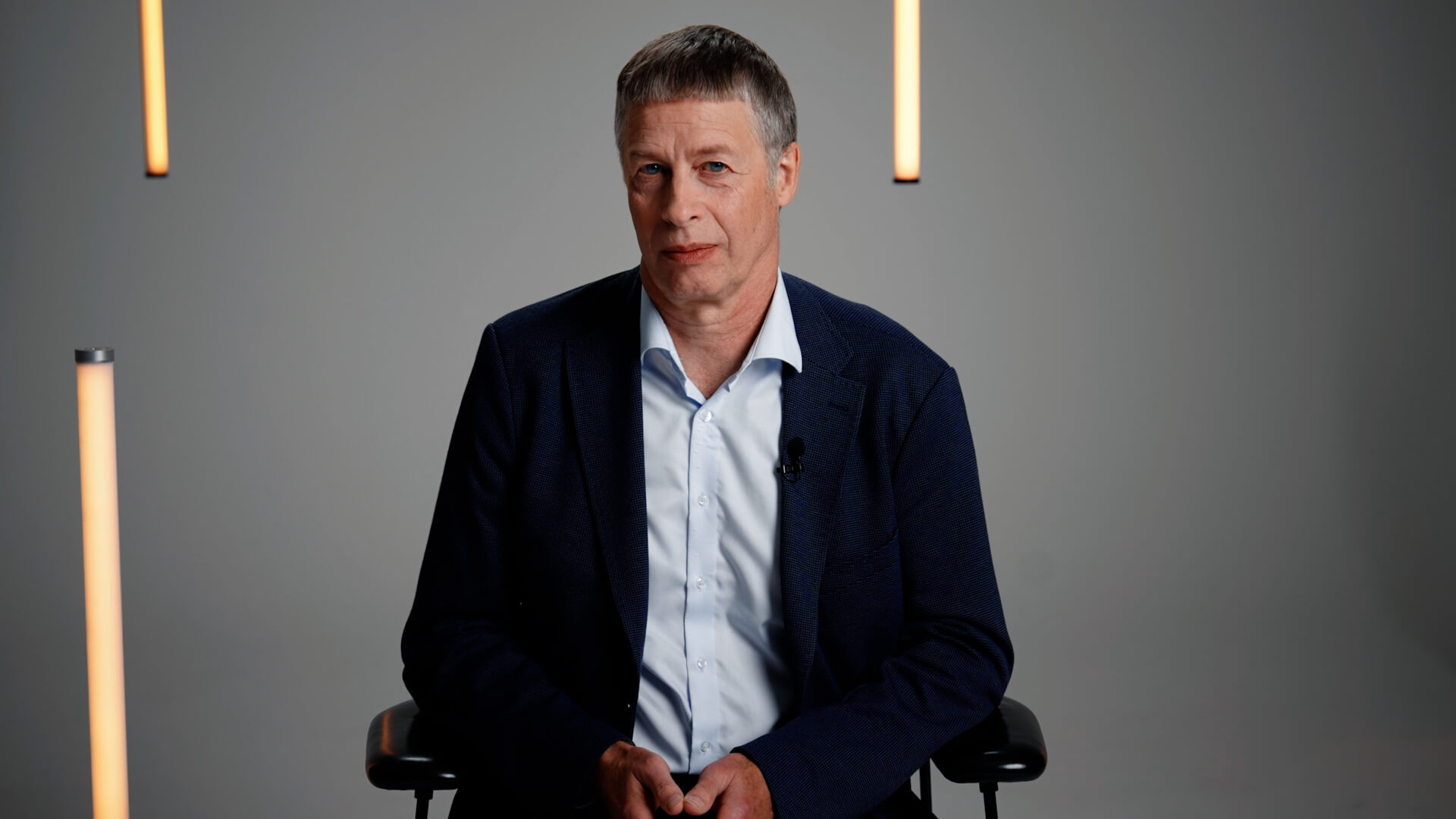Oil processing innovations that are bringing major global benefits
To be an expert in oil and fats processing is to be an expert across a complex industry with multiple products, processes, technologies and challenges. From olive oil and refined oils to confectionary fats, margarine, shortenings, biodiesel and sustainable aviation fuel (SAF), it is a sector that is at the centre of powering the planet and feeding its population so those who innovate and drive forward a thriving, sustainable sector are having a fundamental impact on the current and future health of the globe.
DATE 2024-11-18At the heart of this drive sits Alfa Laval, and helping to power its ideas, innovations and communications with customers is Bent Sarup, Vice President, Global Sales, Oils & Fats Systems.
Bent says: “I’ve been around in this industry since 2005, and it is constantly changing, which means we all need to change and keep learning every year. We have much more than a buyer/seller relationship with our customers; this is about partnering up, sharing our knowledge and working together to make a difference, looking to boost yield, quality and efficiency while cutting waste, water use and CO2. We all have ambitions and targets -- including Alfa Laval – which we can reach by working together.”
To give an idea of the scale and breadth of the market, the industry processes 260 million tonnes of oils and fats per year – but that figure barely scratches the surface of the oil and fats story, which encompasses significant global issues such as sustainability across food supplies, transport and power generation.
The biggest share of the oils and fats market is taken up by palm oil – around 80 million tonnes – then you have products such as soya bean oils, rapeseed oil, fish oil, meat fats and olive oil.
Bent singles out palm oil processing as an area where Alfa Laval’s technology and knowledge can make a huge positive difference globally – and is already doing so.
“There is a lot of debate around palm oil, but we can’t ignore the fact that this is an affordable oil, extremely popular in many areas of the world, especially Asia and Africa and that Alfa Laval can have a significant role to play in ensuring it is farmed and manufactured in more and more sustainable ways,” he says.
One of Alfa Laval’s latest innovations in this endeavour is the development of evaporation technology that has revolutionized the processing of toxic palm oil mill effluent (POME) with its challenging high organic material content. In what Bent calls ‘a beautiful synergy’, the use of a forced circulation plate evaporator in the processing creates clean water for process reuse and recovers valuable by-products such as oil and minerals, which can be used for fertilizer or dried for animal feed. The system is a sustainability game-changer that, compared to the traditional methods, doesn’t produce methane, takes up less space and saves on water and waste.
It is the sort of Alfa Laval innovation that is found across the sector – even in the traditional world of olive oil, where the vacuum technology of Alfa Laval’s Olive Oil Booster is increasing yield, improving product quality and saving resources.

Bent explains: “This is a new technology that we brought to the world market, and it has been very well-received. Olive oil processing is a conservative industry, almost like wine production, and they are careful before making investments in new technology, so it’s a good sign that more and more customers are investing in this!”
These are great examples of how Alfa Laval’s broad expertise helps drive sustainability benefits through processing innovations that also boost the bottom line for customers. Another key area where this is happening at pace is in the production of biofuels such as Hydrotreated Vegetable Oil (HVO) to meet the growing demand for sustainable aviation fuel (SAF) in the drive to decarbonize the aviation industry.
In this area, Alfa Laval has recently won a contract to supply innovative pre-treatment technology that will be key to producing 500,000 tons of SAF and renewable diesel annually from advanced feedstock at southern Europe’s largest biofuel plant.
The potential sustainability benefits of this are huge, as advanced feedstocks come from waste and inedible fats, oils, and greases, products that do not impact the global food supply. This means that the rising demand for biofuel can be met without impacting the efforts to feed our populations. Processing these feedstocks is challenging, for which Alfa Laval has proven industrial solutions, including enzymatic processing.
These are some of the great challenges that Alfa Laval is working on with customers across the globe in their various sustainability journeys, and the innovations keep coming. In Denmark, Alfa Laval is working with various partners to produce HVO feedstocks by heating organic materials like sawdust or straw without air to create a source of raw material that is independent of the food cycle. Overcoming the scarcity of the traditional advanced feedstocks for HVO production – an area that Bent is particularly excited about.
He reflects: “I have the privilege to work with many excellent colleagues in different disciplines across the world and loyal customers with ambitious goals who trust us to deliver. It’s a great bunch of people to work with, so I feel very confident about the future for Alfa Laval and the industry as a whole.”
Bent Sarup, Vice President, Global Sales, Oils & Fats Systems

Highlighted industry: Fat and oil processing
For decades Alfa Laval has been a leading supplier to producers of vegetable and animal fats and oils all over the world. Our specialized processing equipment is carefully designed to increase both the yield and quality of your end products, while creating new possibilities to reduce costs. From advanced simulation tools to connectivity and more, we continue to push the industry forward – always with the goal of bringing you maximum reliability throughout your equipment’s long lifecycle.
